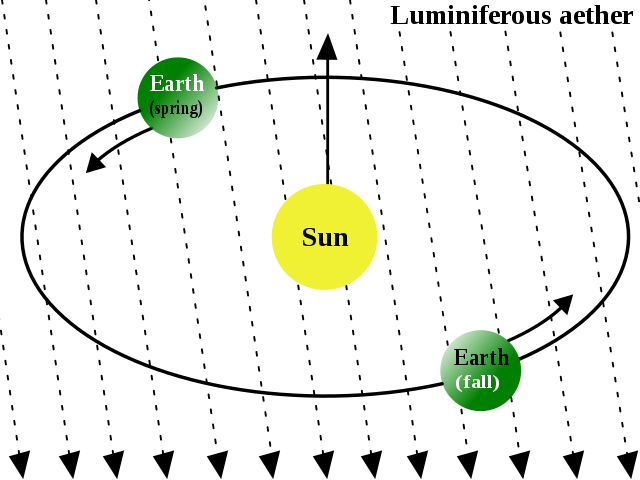The scientists who ignored Miller's evidence for the ether were not just correct in retrospect...
they were correct at that time.
That is the point Michael Polanyi (and I following him) are making about Miller's experiments. To note that they were correct in retrospect presents no evidence for determining good scientific practice. Consider someone who in 1700 believed that there were planets beyond Saturn because in an opium trance he had a vision of some outer planets. Maybe this was a "true vision," or maybe not, but in any case, it was not a good scientific reason for holding the proposition. And that is not because it is a vision -- we will see that visions are what inspire great scientists -- but because it is not a vision offering a rational, scientific explanation of previously unexplained phenomena. And thus the fact that in retrospect, that person turned out to be correct says nothing about how scientists ought to proceed in practice.
The scientists who were presented with Miller's evidence in 1926 did not have the luxury of saying, "Well, let's wait until 2015 and see what the evidence says then." They had to make a decision about their research agenda in 1926, not in 2015: Were they going to continue searching for the ether, or were they going to assume that relativity is true? Polanyi's point is that they made the call based on the fact that relativity was offering a higher-level rational vision of the universe than they had before relativity, an explanation of phenomena that encompassed items that hitherto had just been "brute facts": much the same reasons that Galileo and Kepler committed to heliocentrism well before all contrary evidence was explained away. And these were the right calls at the time, whatever transpired later.
Great scientists are inspired by visions that reveal a more rational ordering of the universe than had previously been suspected. Those visions are not infallible -- e.g., see Kepler on the Platonic solids* -- and must ultimately be accepted or rejected based on evidence. But the beauty of the vision is sufficient scientific reason to follow it, and to ignore at least some contrary evidence for at least some period of time.
* Kepler's model of the solar system as based on Platonic solids:


So what you are saying is that even if there is evidence to the contrary, it makes sense to hold on to a hypothesis if it helps improve our understanding of the universe?
ReplyDeleteWell, Prateek, Feyerabend claims that there is *always* evidence to the contrary for any significant scientific theory. SO the alternative is to never hold any theory.
Delete